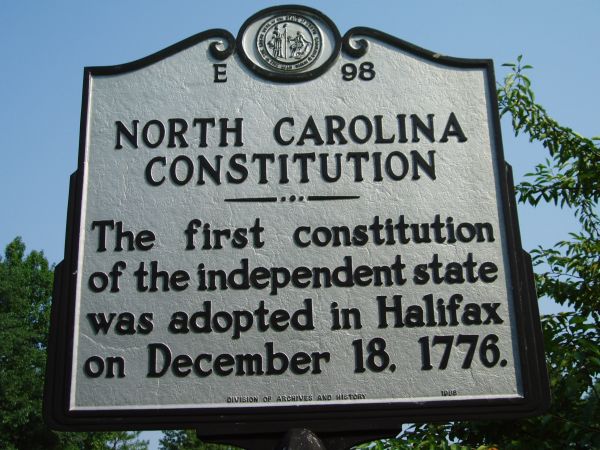Robert Pondiscio and Tracey Schirra write in National Affairs about the importance of public school transparency.
[I]n today’s public schools, the domestic antagonisms that the founders feared are surfacing on a daily basis. Ideologues of every stripe seek to control and direct the signals children receive about their country and their place in it. It’s not an exaggeration to suggest that their efforts represent calculated attempts to advance a range of political aims — to increase demand for school choice, for example, or to delegitimize schooling by characterizing it as yet another structurally racist institution in need of either radical reform or complete dismantling. As schools have become the latest battleground in our never-ending culture war, clear thinking about their role in society has suffered.
It would be naïve to suggest that our public schools can single-handedly forge consensus on difficult questions of values, including what we want members of the next generation to think about our country. But Americans have been broadly disinclined to ask schools to make the effort at all; instead, we’ve stood by mutely as American public education has drifted toward an oppositional relationship with its founding purpose of forming citizens, facilitating social cohesion, and transmitting our culture from one generation to the next.
In recent months, a significant majority of states has considered or adopted measures aimed at more closely monitoring or controlling the content of public education. Such measures need no defense; states are well within their constitutional authority to establish and monitor the content of instruction offered in their public schools. At the same time, it cannot be denied that the push for curriculum control and transparency has been conceived mostly in frustration — a “gotcha” mechanism to catch teachers and schools straying beyond their remit. This movement assumes that schools and teachers are not to be trusted, and that increased vigilance will validate this dim view.


